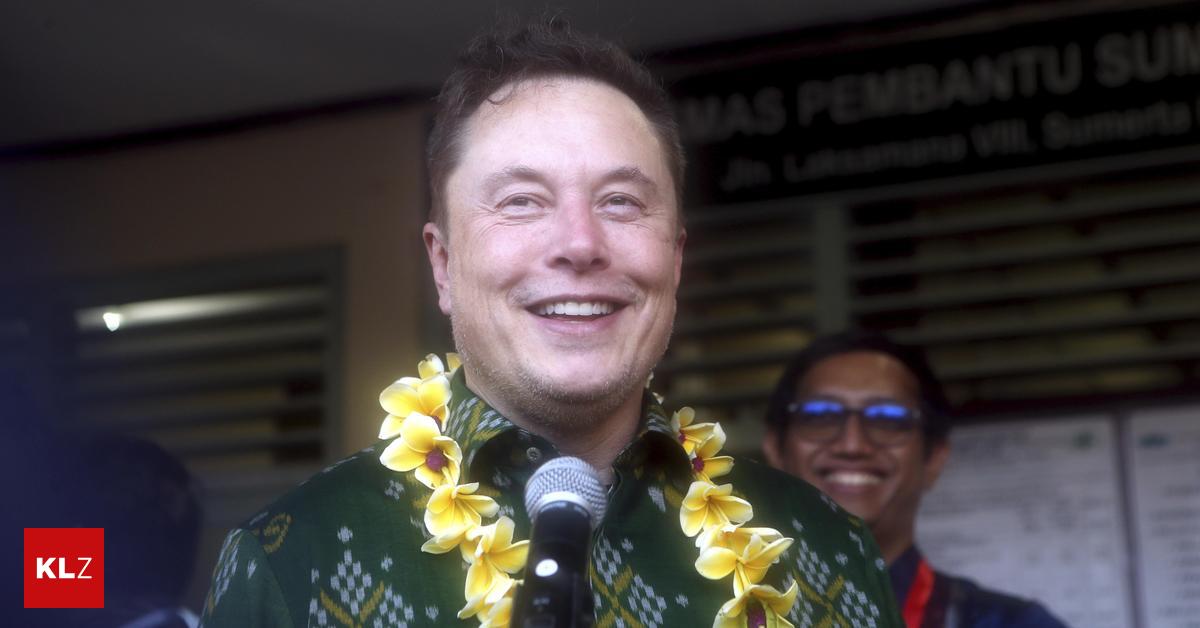Tesla is quietly abandoning its goal of selling as many cars as Volkswagen and Toyota combined. The annual sustainability report does not include a goal of increasing sales to 20 million cars annually by 2030. Tesla shares fell about 2 percent on Thursday.
In 2020, Tesla CEO Elon Musk announced the sales target to the public. “Our goal is to build and deliver 20 million vehicles annually by 2030,” he said. “In order to achieve this goal, we have to make our products more accessible.” This goal was also mentioned in its 2022 Sustainability Report. In 2023, Tesla delivered 1.81 million vehicles worldwide, an increase of 38 percent from the previous year. Three years ago, Musk had set goals for 50 percent annual growth.
New technology
Since then, Musk has changed his strategy and is focusing on autonomous driving as the main driver of growth. Tesla is expected to provide details about the robotaxi on August 8th. This would be a logical next step because it could open up a whole new business area. Billing is based on time or distance – whoever is the first to master this technology can excel like Amazon in delivery services.
The question remains whether Tesla chooses the right technological approach and can catch up with Google and the Chinese and European manufacturers. At the very least, Musk must now accept lidar technology, without which experts believe safe autonomous driving would not be possible.
However, according to a Reuters report, development of an entry-level vehicle (Tesla Model 2) has been suspended. Musk has officially expressed his anger about this. The reason why the Model 2 plans are being “paused” is that the Europeans and Chinese are focusing on this segment and a wave of cheaper electric cars in the 20,000 to 25,000 range is expected.

“Total coffee aficionado. Travel buff. Music ninja. Bacon nerd. Beeraholic.”








More Stories
Wealthy families take more risks when it comes to money.
Salesforce and NVIDIA Form Strategic Collaboration to Drive AI Customer Innovation
Changing banks causes problems for customers